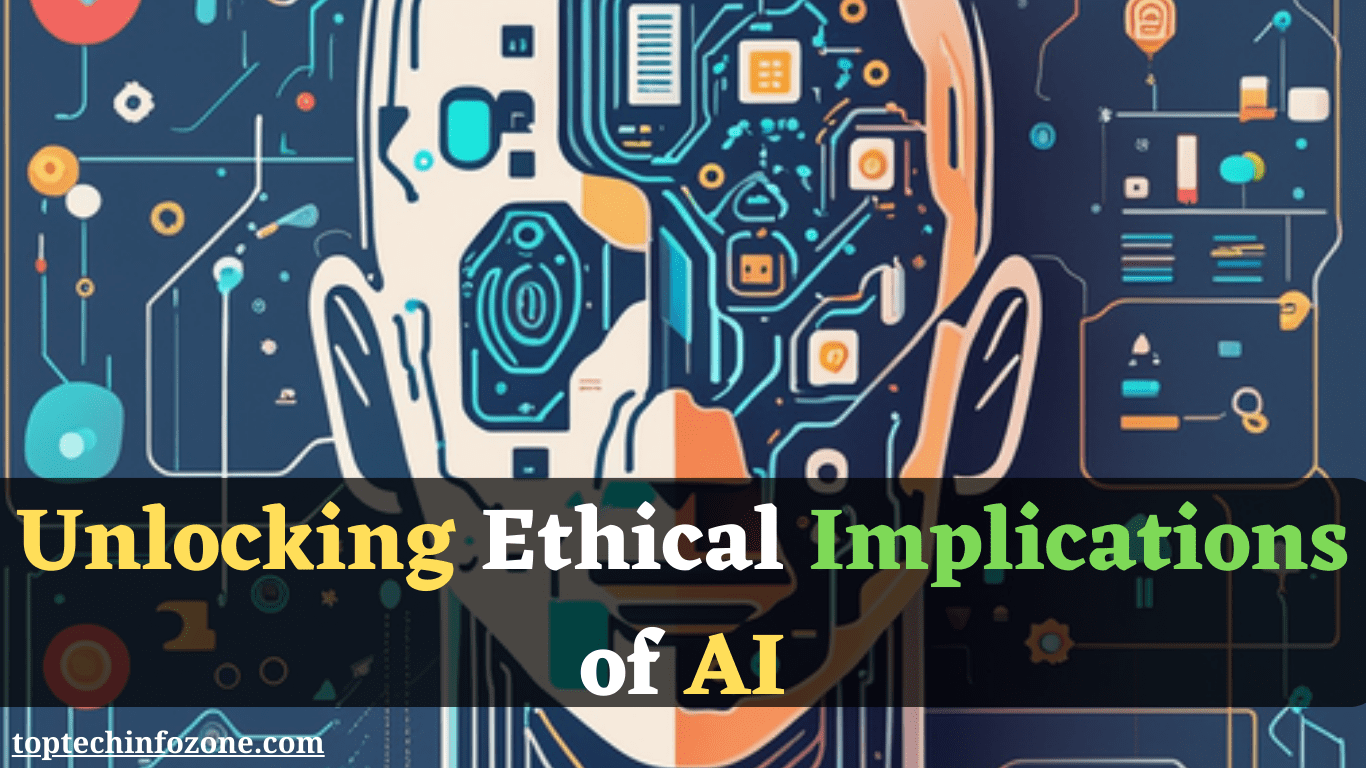Explore the ethical implications of AI. Discover its impact on society, bias mitigation, and decision-making ethics. Gain insights today.
Introduction
In today’s rapidly evolving technological landscape, artificial intelligence has emerged as a transformative force with the potential to reshape industries and revolutionize the way we live and work. However, along with the tremendous benefits AI brings, it also introduces a myriad of ethical implications of AI that must be addressed. This article delves into the complex ethical considerations associated with artificial intelligence, touching upon key topics that demand attention and reflection.
The Ethical Implications of AI
Privacy Concerns: Safeguarding Personal Data
Artificial intelligence relies heavily on data, often personal information, to function effectively. The increased collection and analysis of personal data raise concerns about privacy breaches.
As AI systems learn and predict based on user behaviour, the boundaries between convenience and invasion become blurred.
Striking a balance between utilizing data for AI advancement and preserving individual privacy is crucial.
Bias and Fairness: Mitigating Discriminatory Outcomes
AI algorithms are only as unbiased as the data they are trained on. Unfortunately, these algorithms can perpetuate and even amplify existing biases present in data.
This can result in discriminatory outcomes across various domains, from hiring processes to criminal justice.
The challenge lies in identifying and rectifying biases while ensuring fairness and equal treatment.
Job Displacement: Rethinking Workforce Dynamics
The automation and augmentation capabilities of AI have led to concerns about job displacement. While AI can enhance efficiency, it also threatens traditional employment models.
As AI assumes tasks once performed by humans, it’s imperative to explore avenues for upskilling and reskilling the workforce, fostering a seamless transition in the job market.
Accountability and Transparency: Unveiling the Black Box
AI algorithms can be intricate and complex, making it difficult to discern how decisions are reached.
This lack of transparency raises questions about accountability when errors or biases occur.
Striving for algorithmic transparency is vital to hold developers and AI systems accountable for their actions.
Autonomous Systems: Ethical Dilemmas in Decision-Making
The deployment of autonomous systems, such as self-driving cars and medical diagnosis tools, introduces ethical dilemmas.
How should AI-driven vehicles prioritize safety when faced with potentially fatal decisions? Balancing utilitarian principles with individual rights and moral considerations presents a formidable challenge.
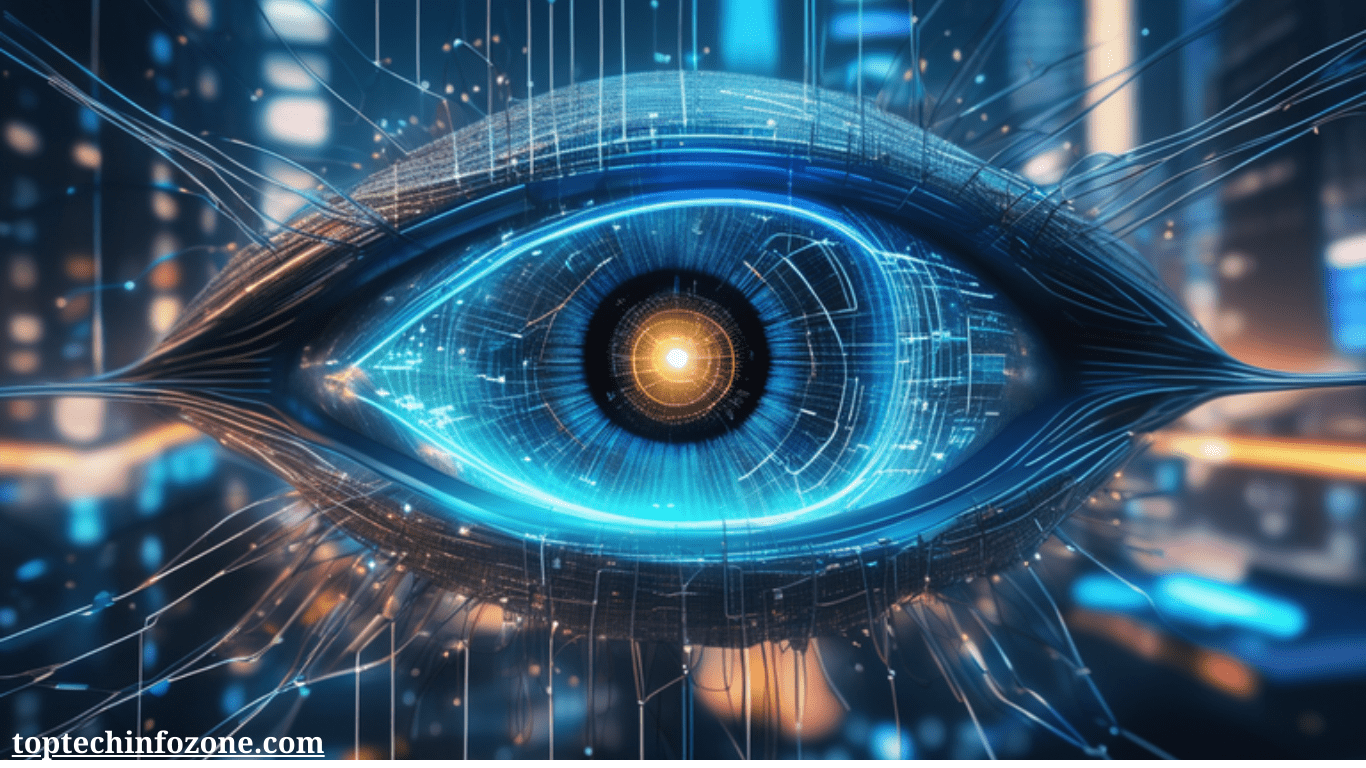
Human-AI Collaboration: Redefining Relationships
The synergy between humans and AI can result in unprecedented achievements. However, this collaboration also demands careful navigation.
Establishing clear boundaries, ethical guidelines, and ensuring that humans remain in control of critical decisions are essential to prevent over-reliance and loss of agency.
Data Security: Guarding Against Malevolent Uses
As AI advances, so do the potential threats posed by malicious actors. The misuse of AI in cyberattacks and surveillance poses significant risks to individuals and organizations.
Developing robust security measures and safeguards is vital to prevent AI technologies from becoming tools of harm.
Intellectual Property and Creativity: The Role of AI
AI’s ability to generate content and artworks challenges traditional notions of creativity and intellectual property.
Who owns the rights to AI-generated creations? Balancing the contributions of both humans and AI while respecting intellectual property rights is a novel ethical terrain.
Emotional Manipulation: Ethical Use of Persuasion
AI-powered algorithms can analyse emotions and behaviours, raising concerns about their potential for emotional manipulation.
Advertisers and social media platforms can tailor content to influence users’ emotions.
Ethical considerations must guide the responsible use of such techniques to avoid exploitation.
Healthcare Dilemmas: Balancing Efficiency and Care
In the healthcare sector, AI offers diagnostic and treatment innovations.
Yet, ethical dilemmas arise when considering the balance between efficient diagnoses and personalized patient care.
Striking this balance involves weighing the benefits of AI against the need for empathetic human touch.
How do experts address AI’s impact on employment?
Experts emphasize the importance of upskilling and reskilling the workforce to adapt to AI-driven changes in the job market.
Collaborative efforts between industry and education can help mitigate job displacement.
What are the moral implications of AI decision-making?
The deployment of autonomous AI systems raises moral dilemmas. Determining how AI-driven systems make decisions that align with human values and ethics is a significant concern.
Is AI responsible for its actions?
The accountability of AI for its actions is a subject of debate. Establishing mechanisms to hold AI developers and systems accountable for errors, biases, and outcomes is a challenge.
How do we ensure AI is used ethically in healthcare?
Balancing the efficiency of AI-driven healthcare solutions with patient care is crucial. Ethical guidelines and regulations must ensure that AI complements human empathy and ethical standards.
What are the risks of AI in autonomous weapons?
The use of AI in autonomous weapons raises ethical concerns about the potential for indiscriminate and morally questionable actions.
Striking a balance between innovation and ethical restraint is paramount.

AI Ethical Consciousness
AI ethics principles
Understanding and implementing ethical principles in AI development and deployment is crucial to ensure responsible and unbiased AI technologies.
AI accountability in decision-making
Accountability in AI decision-making is essential to address errors and biases and maintain transparency in the outcomes generated by AI systems.
AI bias mitigation strategies
Developers employ strategies like diverse training data and fairness-aware algorithms to mitigate biases present in AI algorithms and ensure equitable outcomes.
Ethical AI development guidelines
Creating ethical AI development guidelines ensures that AI systems are designed and deployed responsibly, prioritizing human values and minimizing potential harms.
Social implications of artificial intelligence
AI’s societal impact encompasses various dimensions, including economic shifts, ethical dilemmas, and changes in how humans interact with technology.
AI and job displacement solutions
Experts recommend upskilling and reskilling the workforce to adapt to changing job landscapes, preparing individuals for roles that complement AI technologies.
AI’s impact on human creativity
While AI can assist in creative processes, human creativity remains unique and intricate, adding a human touch that AI-generated content lacks.
Ethical considerations in AI healthcare
Balancing efficiency and patient care in AI-driven healthcare involves ethical considerations to ensure that technology aligns with human well-being and values.
AI regulation and governance
Regulations and governance frameworks are being developed to ensure responsible AI development and deployment, mitigating potential risks and harms.
AI’s role in climate change solutions
AI technologies have the potential to contribute to climate change solutions by optimizing resource management, predicting environmental trends, and enabling sustainable practices.
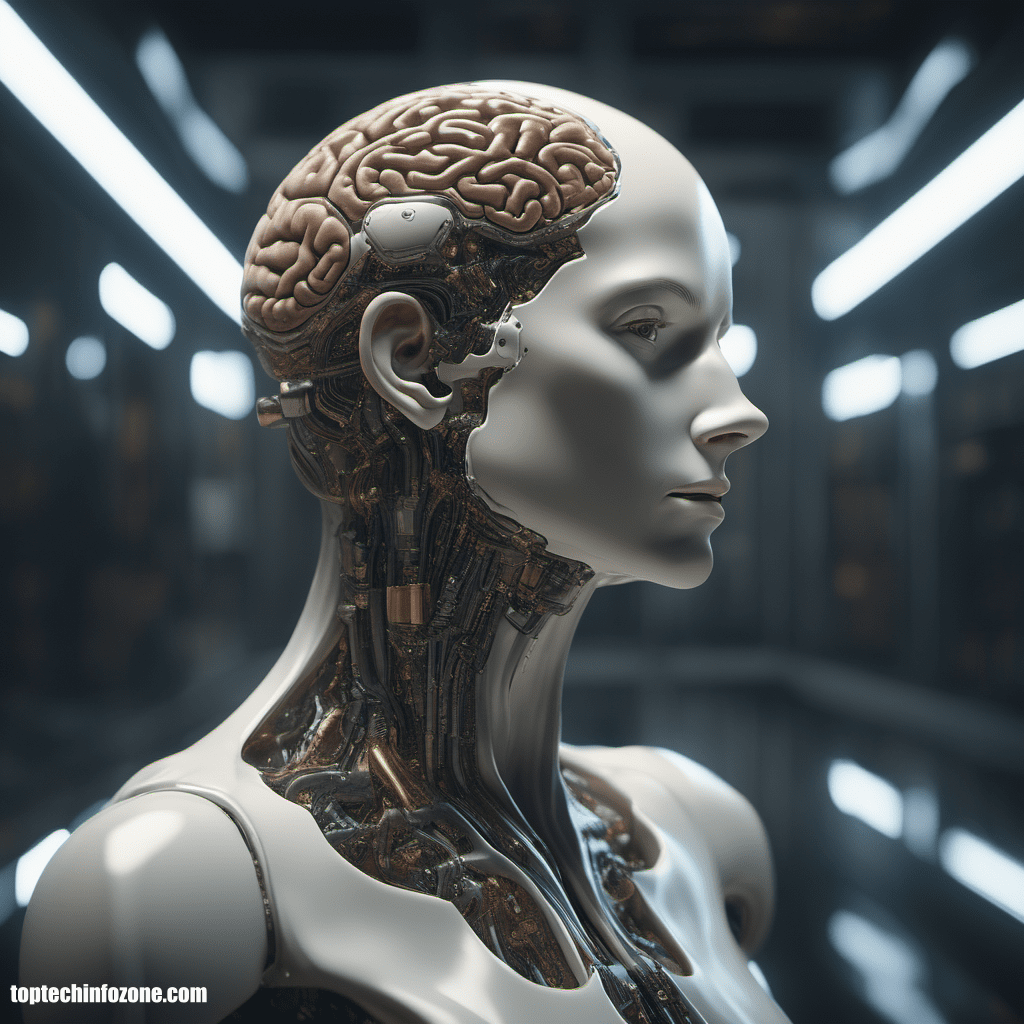
Ethical concerns in AI adoption by businesses
Exploring the ethical challenges that businesses face when adopting AI technologies, considering their impact on privacy, fairness, and accountability.
AI’s effect on cultural and social norms
AI’s integration into society can influence cultural and social norms, prompting discussions about the ethical implications of AI’s impact on human behaviour and values.
The future of AI ethics and regulation
Anticipating the evolving landscape of AI ethics and regulation, considering the balance between innovation, ethical considerations, and regulatory frameworks.
Balancing innovation and AI ethics
Navigating the delicate balance between technological innovation and ethical considerations, ensuring that AI advancements align with human values.
Ensuring transparency in AI algorithms
Promoting transparency in AI algorithms by making decision-making processes understandable and accountable, enhancing trust and ethical implementation.
Conclusion
The ethical implications of AI underscore the need for a collective commitment to responsible development and deployment. Addressing privacy concerns, rectifying biases, and ensuring transparent decision-making are imperative steps in harnessing AI’s potential while safeguarding human values. As AI continues to evolve, open dialogue, collaboration, and ethical considerations will shape a future where technology and humanity coexist harmoniously.
Frequently Asked Questions:
The rapid integration of AI in various sectors has ignited concerns about its ethical implications. From privacy breaches to biased algorithms, society grapples with the ethical ramifications of AI deployment.
AI’s reliance on data raises concerns about privacy invasion and data security. Striking a balance between data utilization for AI advancement and safeguarding individual privacy is essential.
Yes, AI algorithms can inherit biases present in their training data, leading to discriminatory outcomes. Addressing bias and promoting fairness in AI systems is a pressing ethical challenge.
Transparency is crucial in AI ethics as it ensures accountability for decisions made by AI systems. Developers must strive for algorithmic transparency to address errors and biases effectively.
While regulatory frameworks are emerging, the landscape of AI ethics regulations is still evolving. Governments and organizations are working to establish guidelines for responsible AI development and deployment.
Related Posts:
- Unlocking Ethical Implications of AI: Unveiling Unforeseen Consequences (2023)
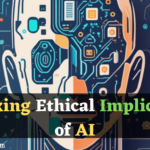
- AI in Finance: Predictive Analytics and Fraud Detection (2023)
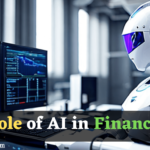
- Chatbots and Virtual Assistants: Enhancing Customer Experience (2023)

- AI and Robotics: Transforming Industries (2023)
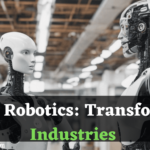
- The Role of AI in Cybersecurity and Threat Detection (2023)

